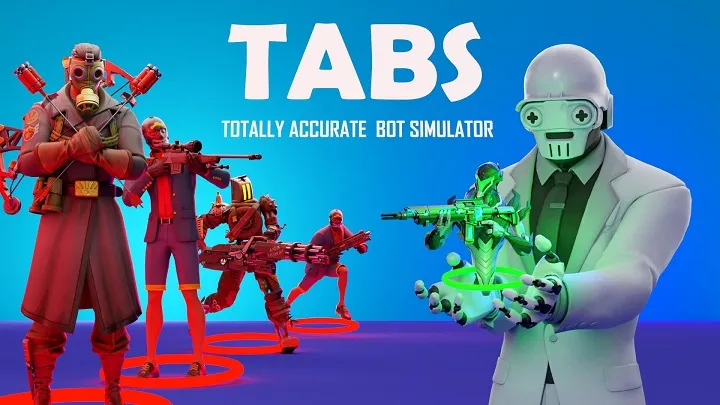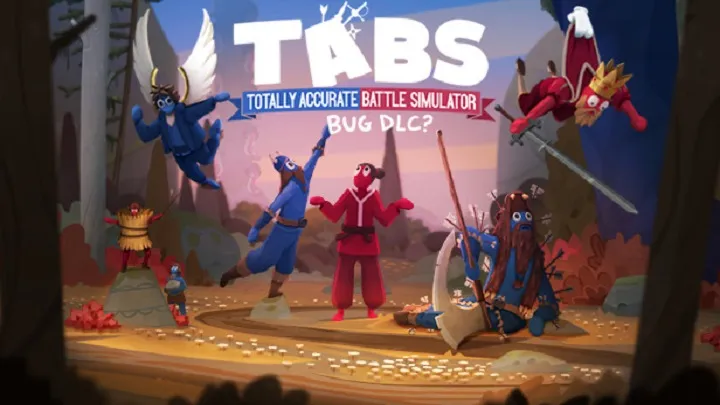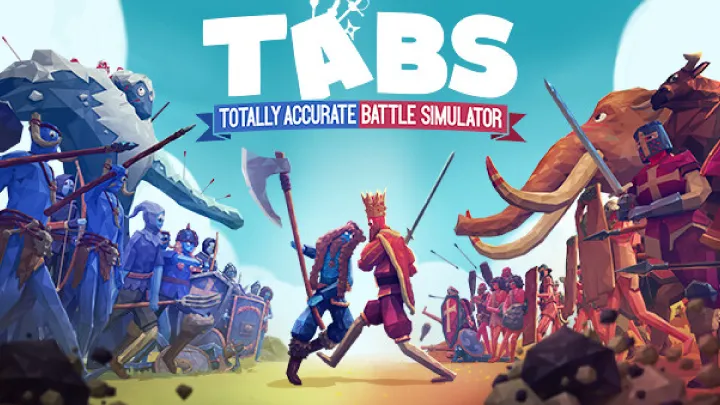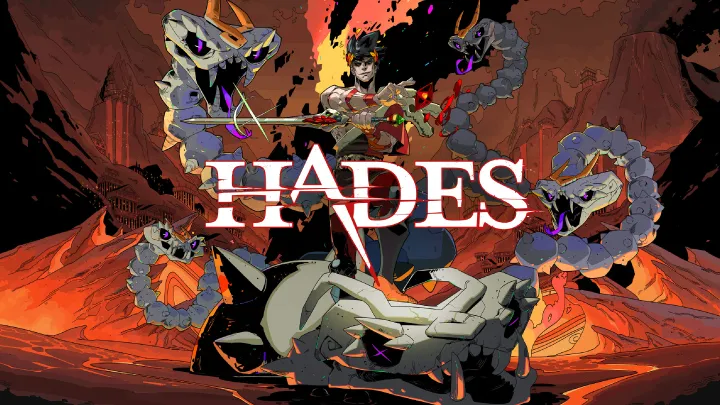Introduction
Totally Accurate Battle Simulator (TABS), developed by Landfall Games, is celebrated for its quirky physics, ridiculous ragdoll animations, and comically chaotic battles. At first glance, it feels like pure slapstick entertainment, a sandbox where you unleash armies of wobbling fighters and watch the absurdity unfold. Yet beneath the laughter, one issue quietly defines the entire gameplay loop: the struggle between chaos and strategy. TABS promises simulation and tactics, but its unpredictable physics often turn careful planning into random outcomes. This tension between order and disorder creates joy, frustration, and endless debate within its community.

The First Steps into Chaos
When new players enter TABS, the appeal lies in the randomness itself. Watching tiny peasants topple giants or mammoths stumble into rivers feels fresh and hilarious. The early game thrives on novelty, where unpredictability is entertainment in itself.
But even at this stage, players notice that their strategies rarely unfold as expected. A line of archers may shoot each other instead of the enemy, or a mammoth might crush its own allies. Early chaos feels funny, but it plants the seed of a deeper issue: how much of the game depends on player input versus blind luck.
Strategy in the Early Campaign
The campaign mode introduces structure. Players must overcome specific enemy formations with limited budgets and unit choices. Here, the illusion of strategy begins to grow. Placing spearmen in the right formation or shielding archers behind walls feels tactical.
However, the outcomes still vary wildly. Identical setups can produce completely different results depending on whether arrows land, if units stumble, or if a physics glitch changes the flow of battle. The campaign teaches strategy, but also reminds players that chaos always lurks beneath.
The Joy of Unpredictability
For many, unpredictability is the soul of TABS. The wobbly physics and absurd collapses are what make it unique compared to polished strategy titles like Total War or Age of Empires. Without chaos, TABS would lose much of its comedic identity.
H3: Why Chaos Feels Rewarding
- It keeps battles entertaining even after dozens of attempts.
- It turns failure into laughter rather than frustration.
- It allows for surprising outcomes that scripted games never provide.
At this stage, chaos isn’t just tolerated—it’s celebrated. Players laugh more than they rage, especially when outcomes feel absurd rather than unfair.
When Chaos Undermines Strategy
Yet over time, the very chaos that defines TABS begins to challenge its strategic credibility. Players who approach the game as a tactical puzzle often grow frustrated when a well-planned strategy collapses due to random physics.
For example, a cavalry charge may win one round and fail the next, not because of poor strategy but because a horse stumbled into a tree. As players seek mastery, they realize that unpredictability limits skill expression. Planning matters, but luck often decides the outcome.
Competitive Play and Its Challenges
The chaos-strategy tension becomes clearest when players attempt competitive matches. Community-driven tournaments and versus modes highlight just how fragile strategies can be under unpredictable conditions.
H4: Challenges for Competitive TABS
- Lack of consistency: same setups don’t guarantee same results.
- Physics glitches create unfair wins or losses.
- Random targeting AI undermines tactical depth.
As a result, competitive play struggles to take root. The community loves experimentation but rarely treats TABS as a serious esports title.
Sandbox Creativity as a Solution
Where TABS truly shines is in sandbox mode. Here, chaos is embraced as part of creativity rather than seen as an obstacle to victory. Players build massive, ridiculous battles—knights versus dinosaurs, or Zeus versus armies of peasants—and accept unpredictability as part of the fun.
The sandbox reframes chaos not as a flaw but as freedom. Strategy still matters, but the focus shifts from “winning” to “watching what happens.” This makes the tension less frustrating because unpredictability is the point, not the problem.
The Psychological Experience of Chaos
Chaos in TABS also creates a unique psychological loop. Players experience both frustration and anticipation, never knowing exactly how a battle will unfold. This unpredictability fuels replayability.
However, it can also lead to fatigue. For players who crave control, repeated random failures diminish enjoyment. The mental shift required is significant: you must see TABS less as a puzzle to solve and more as an experiment to enjoy.
Community Reactions to the Chaos Problem
Within the TABS community, reactions to chaos are divided. Some players celebrate it as the game’s defining feature, while others call for more consistent physics and AI.
H3: Community Voices
- “The chaos makes every battle hilarious and unique.”
- “It’s impossible to strategize when luck matters more than skill.”
- “TABS isn’t about winning—it’s about watching.”
These divided opinions show that the balance between chaos and strategy is not a flaw to fix but a design philosophy to debate.

Can Chaos and Strategy Coexist?
The central question is whether TABS can truly balance chaos and strategy. Some updates have improved AI targeting and unit balance, but unpredictability remains baked into the core physics. To remove it entirely would strip TABS of its charm.
Possible solutions include:
- Adding optional “precision modes” for more controlled outcomes.
- Offering players sliders to adjust physics randomness.
- Expanding sandbox tools to let players customize chaos levels.
Such changes could allow both chaos lovers and strategy seekers to find satisfaction, without forcing one philosophy on all players.
Lessons for Game Design Beyond TABS
The chaos-strategy dilemma in TABS offers lessons for other games. It shows how unpredictability can enhance entertainment but also limit competitive depth. Designers must decide whether to prioritize laughter or mastery, and whether their players crave control or surprise.
For TABS, the choice leans toward comedy and chaos, but its journey illustrates a universal truth: every game sits somewhere between control and unpredictability, and that balance defines its identity.
Conclusion
Totally Accurate Battle Simulator thrives on chaos, but that very chaos limits its strategic depth. The game walks a fine line between slapstick unpredictability and tactical problem-solving. For some, this tension creates joy, laughter, and endless replayability. For others, it creates frustration and the sense that planning hardly matters. In the end, TABS teaches us that not all battles are meant to be won through skill alone—sometimes the wobbling, stumbling unpredictability is the point. Whether you see it as a flaw or a feature depends entirely on whether you play TABS to win, or simply to laugh.

















